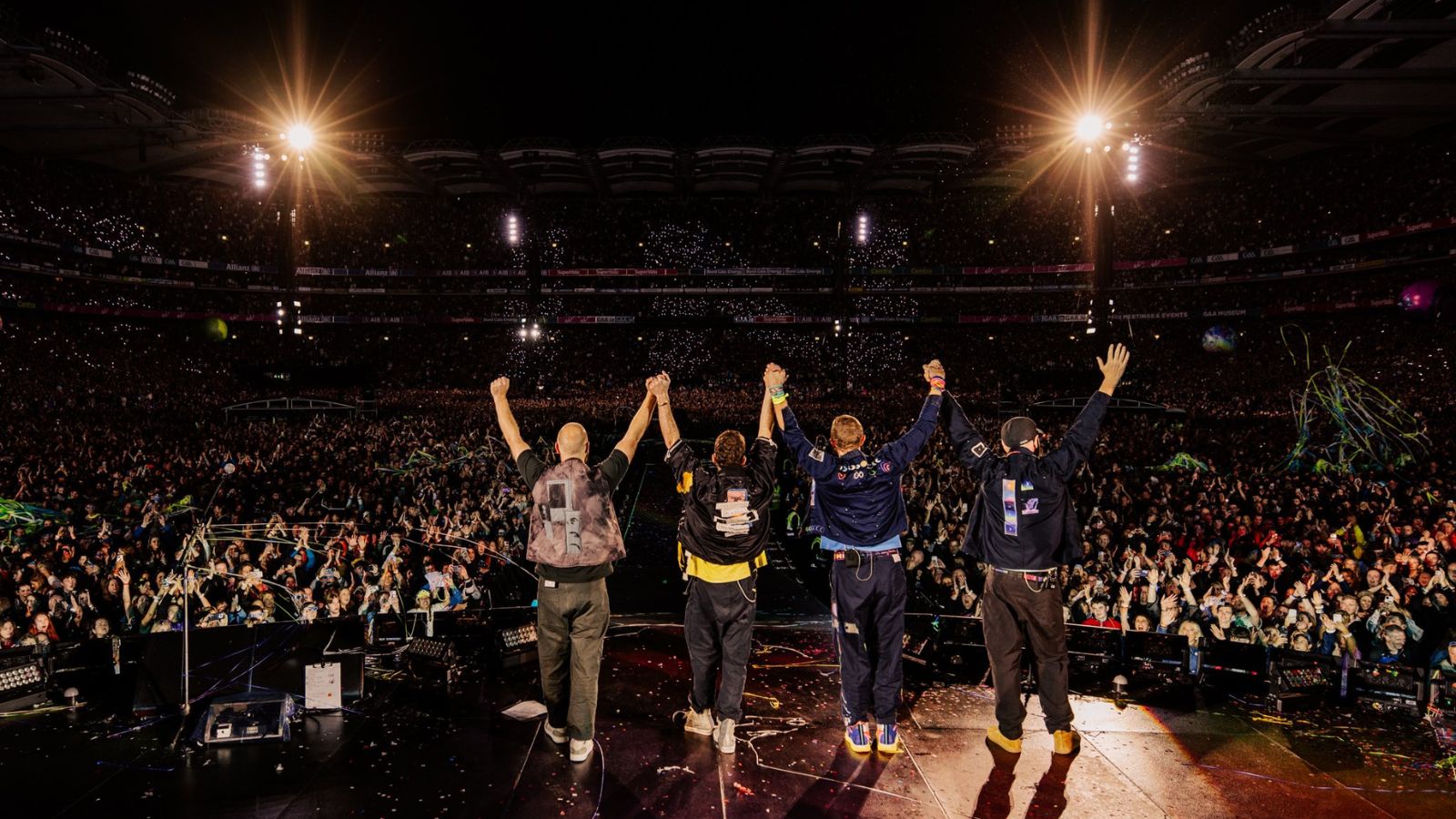The Bombay High Court has reserved its verdict on a public interest litigation (PIL) that raises concerns over the rampant black marketing of tickets for Coldplay’s highly anticipated concert in Navi Mumbai this January. Filed by lawyer Amit Vyas, the PIL highlights widespread issues with online ticket sales for major events, including ticket scalping and inflated resale prices.
Here's ads banner inside a post
The case underscores a growing demand for stricter regulations to prevent ticket black marketing, especially for large-scale events. With tickets originally priced at ₹2,500 being resold for as much as ₹50,000, the issue has become a significant concern for fans and authorities alike.
The PIL and Its Objectives
Amit Vyas, who failed to secure tickets for the Coldplay concert, lodged a police complaint against BookMyShow and other event promoters. His PIL calls for immediate intervention to combat ticket scalping and touting, which he argues deprives fans of fair access to live events. Vyas has urged the Bombay High Court to direct the central and Maharashtra state governments to establish stringent guidelines and mechanisms to address this issue.
The PIL also seeks accountability from ticketing platforms such as BookMyShow and event promoters like Live Nation Entertainment and Viagogo Entertainment. Vyas suggested forming a monitoring committee led by a former High Court judge to oversee ticketing systems and recommend security measures to prevent similar issues in the future.
Here's ads banner inside a post
Legal Arguments Presented
Senior advocate Janak Dwarkadas, representing Vyas, argued that authorities have a duty to protect the public from exploitation when entertainment taxes and duties are imposed on event organizers. Dwarkadas pointed out that the resale of tickets by scalpers at exorbitant prices leaves genuine fans at the mercy of private entities.
He explained how bots and secondary sellers often snap up tickets before the public has a chance to buy them. Highlighting the global nature of the problem, Dwarkadas noted that countries like the UK, the US, and Australia have taken steps to combat ticket scalping.
“The primary sellers of tickets are not cooperating with the Economic Offences Wing (EOW),” Dwarkadas added, stressing the need for a robust system to prevent black marketing in India.
Here's ads banner inside a post
Court Observations
During the hearing, the division bench of Chief Justice Devendra Kumar Upadhyaya and Justice Amit Borkar suggested that the petitioner approach the state government with his grievances. The bench emphasized that crafting regulatory measures falls within the state’s purview, stating, “We have our own well-defined ambit. The state’s criminal law enforcement agencies are not so weak that they cannot ensure cooperation from third parties.”
The court, however, acknowledged the severity of the issue and did not dismiss the idea of potential guidelines to fill existing legal gaps. Pending the verdict, Dwarkadas proposed forming a monitoring committee to offer solutions for preventing ticket scalping and improving the transparency of online ticketing systems.
The Broader Impact
The PIL has brought to light the urgent need for better oversight in India’s ticketing industry. The problem of black marketing is not limited to the Coldplay concert but extends to countless major events where fans are often priced out of tickets due to scalping.
Countries like the UK have implemented anti-scalping laws, and platforms like Ticketmaster have introduced features to limit bot purchases. Similar measures could be considered in India to protect consumers and ensure fair access to events.
Looking Ahead
With the court reserving its verdict, fans and stakeholders are hopeful for actionable outcomes. Whether through state intervention or judicial directives, the case could pave the way for stronger regulations against ticket scalping in India.
For now, Coldplay fans will have to wait and watch how the verdict unfolds and whether it leads to meaningful changes in the way tickets for major events are sold and managed.

